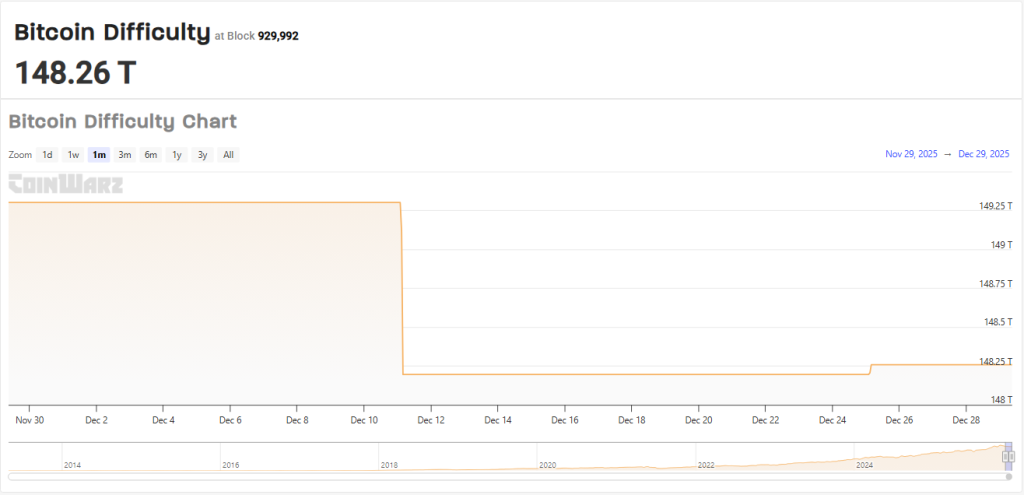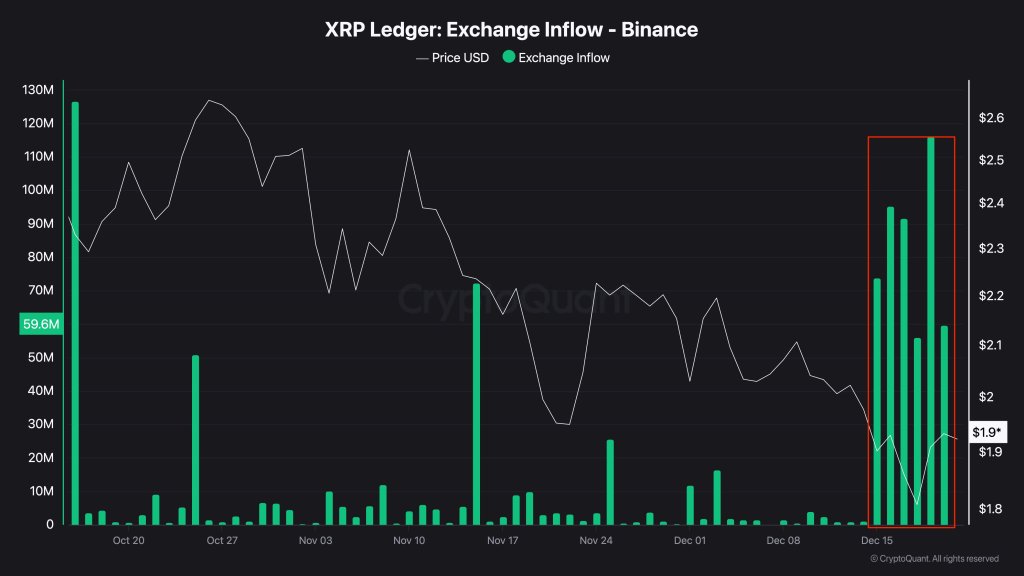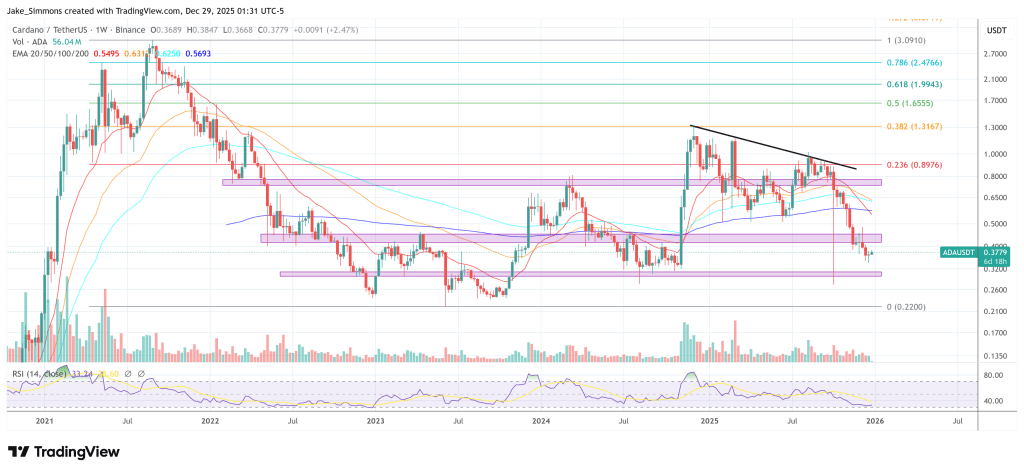
Trezor plans to build its hardware wallet chips, but other crypto companies still prefer third-party imports due to technical and financial barriers.
Crypto wallet maker Trezor recently decided to start manufacturing its own hardware wallet chips to respond quickly to demand-triggering events like the FTX collapse.
Trezor announced on Feb. 27 that it would begin producing the chip wrapper, a crucial component for the Trezor Model T — its flagship device. The move will reportedly cut the supply cycle lead times from two years to a few months in the production of Trezor wallets.
According to Trezor, the decision will also address shipment delays of finished products and shield customers from price swings caused by component supply and demand changes. After the FTX crash in November 2022, investors rushed to move their crypto holdings off of centralized crypto exchanges, which caused the demand for Trezor wallets to increase by over 300%.
Štěpán Uherík, chief financial officer at Trezor, told Cointelegraph that the chip shortage in recent years also prompted the decision:
“Trezor decided to take control of part of the chip manufacturing process in response to the global chip shortage at the turn of 2021 and 2022. This decision was made to ensure the continuous production of our devices, despite the prolonged delivery time from the usual 12 weeks to 90 weeks.”
The semiconductor shortage has been a problem for the world over the past few years.
These complicated electronics are pivotal in today’s world, as they carry electricity between metals and isolates. Silicon-based semiconductors are found in practically all modern gadgets — from smartphones to computers to automobiles.
Semiconductor sales reached a global high in 2021 as people stranded at home during the COVID-19 pandemic purchased more consumer electronics. Major graphics processing unit (GPU) manufacturers like Nvidia saw record-breaking production as the number of GPUs produced skyrocketed. The cost of electronics surged, and semiconductors were hard to come by for producers of related goods.

Further demand was attributed to cryptocurrency miners using GPUs for mining proof-of-work (PoW) based cryptocurrencies. Over 10% of Taiwan semiconductor sales in 2018 came from cryptocurrency-focused buyers. The struggle to keep up with demand in 2021 led Nvidia to restrict the use of its gaming chip for crypto mining — citing the industry-wide shortage.
Demand for semiconductors from the crypto market further decreased with the advent of the prolonged bear market in 2022 and Ethereum’s switch from the PoW consensus mechanism to proof-of-stake (PoS). The switch to PoS cut a significant chunk of crypto miners from the market, which has had knock-on effects on semiconductor demand.
Chip manufacturing not everyone’s cup of tea
While Trezor believes that producing its own chips is the right move, not every crypto company is willing or able to become its own semiconductor supplier. Veronica Wong, the CEO and co-founder of SafePal — a crypto hardware wallet maker backed by Binance — told Cointelegraph that her firm hadn’t faced a shortage that would demand an in-house chip-making unit.
She added that the supply chain issues in the semiconductor industry caused by the pandemic are almost over, and they don’t see any supply problems in the foreseeable future.
Recent: Death in the metaverse: Web3 aims to offer new answers to old questions
Wong stated that producing chips is incredibly complex and can “pose an extremely high technical barrier requiring the right expertise and investment in infrastructure,” adding that “without proper management, it may impact production costs without necessarily delivering additional value or security to consumers, which is a net negative.”
“For crypto wallets, user security should always be a top priority, and we would only be compelled to produce our own chips if none of the existing chips satisfies our security requirement levels.”
During the pandemic, smaller businesses were hit worse as larger orders requiring semiconductors were prioritized, resulting in an uneven distribution of resources and lead time. Solving international shortages of such magnitude requires collaboration between suppliers, manufacturers and distributors.

Wong noted that while in-house production reduces the reliance on third-party manufacturers, “proper supply chain management can also help counteract this issue in the first place. The additional operational costs might also have to be borne by end users or consumers, which isn’t ideal.”
Trezor’s Uherík said the best option combines both practices — using mass-produced chips and making in-house solutions. He added that taking control of part of the chip process offers the firm greater flexibility and ensures stable prices and the continuous availability of products.
“Contrary to mass-produced chips, prices and delivery times may vary depending on market demand. Which also means the price can significantly decrease. A combination of both mass-produced chips and Trezor’s own solution provides optimal flexibility to ensure stable prices and continuous product availability,” Uherík said.
Jonathan Zeppettin, strategy lead at the blockchain-based cryptocurrency ecosystem, Decred, told Cointelegraph that the move makes sense for Trezor, as Tropic Square — a startup backed by SatoshiLabs, the company behind Trezor — designed its own secure chip, the TROPIC01.
Manufacturing proprietary hardware in-house mitigates supply chain issues plagued by various external factors such as shipment delays, product quality and shipment damage. This potentially reduces their exposure to the types of shortages that have plagued manufacturers over the last few years.
Recent: Tel Aviv Stock Exchange’s crypto trading proposal a ‘closed-loop system’
However, the same approach might not work for every other crypto-related firm, especially crypto mining companies. Zeppettin cited the example of application-specific integrated circuits used in cryptocurrency mining, which require advanced manufacturing techniques for their production:
“It would likely take years and tens of billions of dollars of investment to become competitive with TSMC and Samsung’s 7 nm chips. States, however, are recognizing the importance of chip manufacturing as a national security issue and encouraging companies of strategic interest to diversify their manufacturing bases.”
Trezor’s decision to manufacture its own hardware wallet chips highlights the growing interest of crypto companies in diversifying their businesses. However, the same approach might not be feasible for every crypto company with chip requirements. Third-party imports are a more sensible solution for some crypto firms due to technical and financial barriers in setting up such manufacturing units.

You can get bonuses upto $100 FREE BONUS when you:
💰 Install these recommended apps:
💲 SocialGood - 100% Crypto Back on Everyday Shopping
💲 xPortal - The DeFi For The Next Billion
💲 CryptoTab Browser - Lightweight, fast, and ready to mine!
💰 Register on these recommended exchanges:
🟡 Binance🟡 Bitfinex🟡 Bitmart🟡 Bittrex🟡 Bitget
🟡 CoinEx🟡 Crypto.com🟡 Gate.io🟡 Huobi🟡 Kucoin.




















Comments